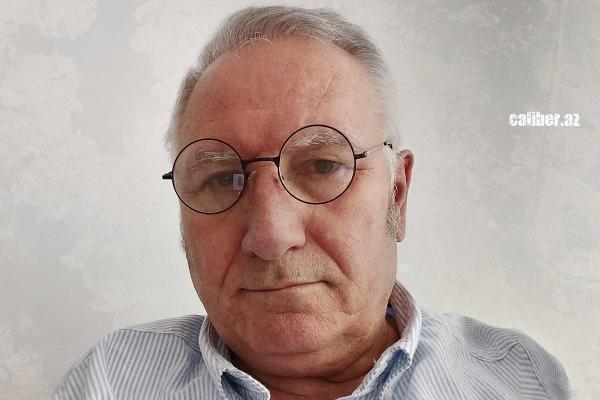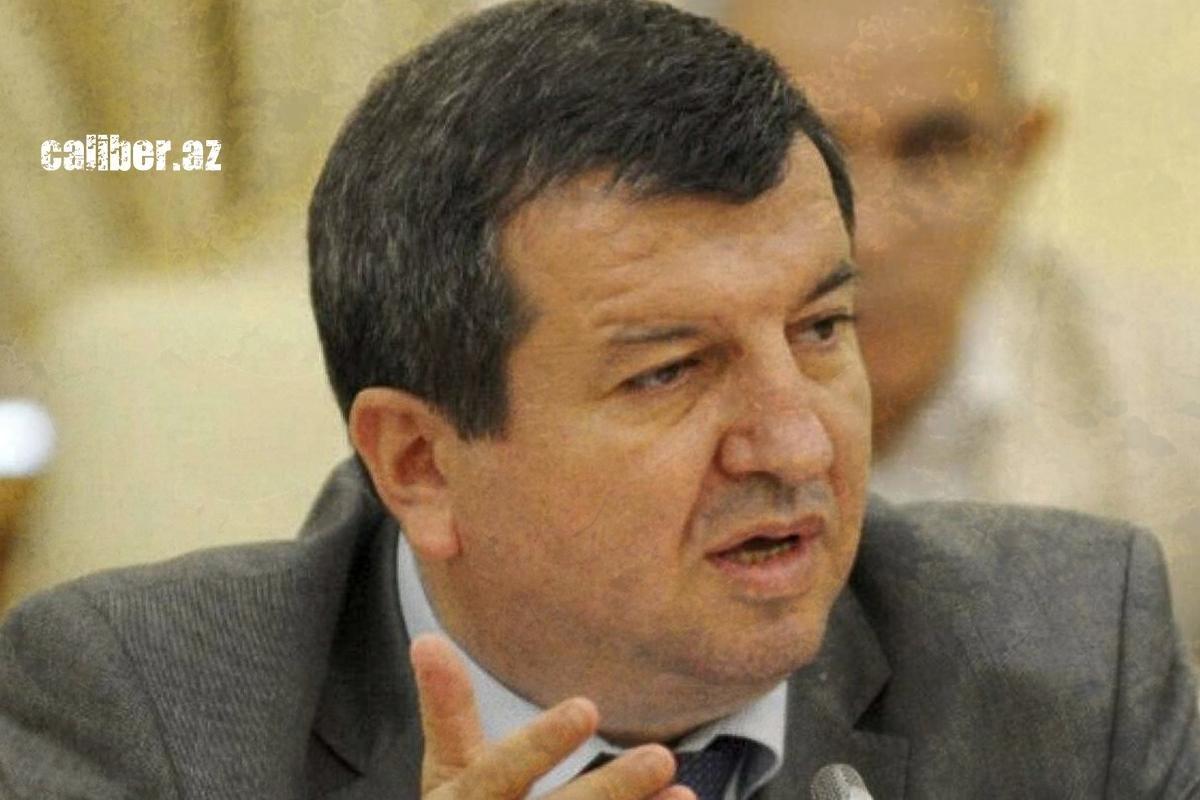Türkiye withdraws from Treaty on Conventional Armed Forces in Europe Experts analyse reasons and implications
Turkish President Recep Tayyip Erdogan signed a decree on Türkiye's withdrawal from the Treaty on Conventional Armed Forces in Europe (CFE) on April 8. The decree was published in the official government newspaper Resmi Gazete.
The document states that it has been decided to suspend the implementation of the treaty between the Republic of Türkiye and other states party to the CFE from April 8, 2024, in line with the president's decree.
The CFE was signed on November 19, 1990, in Paris and ratified by the Turkish government on July 1, 1992. The treaty limits the numerical strength of five major categories of conventional armaments and equipment (battle tanks, armoured combat vehicles, artillery systems of calibre 100mm and above, combat aircraft, and attack helicopters) for 30 states' armed forces. It provides for the exchange of information and inspections.
As the newspaper Yeni Şafak recalls in connection with this decision, Russia withdrew from the CFE in November 2023. After that, the United States and NATO announced the suspension of their obligations under the treaty. Ankara expressed regret at the decision of its NATO partners and called on them to return to the CFE. It is noted that Türkiye has made the current decision due to the increase in international tensions.
Turkish media, citing diplomatic sources, report that, according to Ankara's opinion, the treaty has lost its meaning under current conditions, and its obligations are not being fulfilled in practice. At the same time, it is noted that the decision to suspend the implementation of obligations under the treaty may be reversible.
It is interesting, what are the true reasons for Türkiye's decision? And what goals may it pursue? Turkish experts presented their views on this matter to Caliber.Az.

Analyst, Doctor of Political Science, Professor Haydar Cakmak recalls that the CFE agreement was concluded immediately after the end of the Cold War.
"It was a period of strong uncertainty. The treaty was created as a precautionary measure to prevent a new military crisis in the world. It was a period when it was discussed that the Warsaw Pact had lost its significance and was about to collapse, and NATO was no longer needed," he said.
After some time, the CFE was already considered a dead or inactive agreement, and it was not given much importance, says the professor.
"There was no serious return from the treaty anyway. Türkiye, which is part of the Western bloc, can pursue a policy different from that of other Western countries, based on national security considerations.
Moreover, Russia's withdrawal from this agreement in 2023 means that one of the important reasons for the creation of the CFE disappears. Furthermore, in the current situation, when NATO member states have withdrawn from it or ignore it, it has become meaningless for Türkiye to insist on the existence of the CFE. Especially when it already has its own technologies, and it is possible to control the production and quantity of weapons without any agreement. In short, it is meaningless to look for Türkiye's exit from the CFE as having bad intentions to disrupt regional or international peace. I don't think there is any other situation or goal here, except for the withdrawal from an international agreement that has lost its importance and function," said Cakmak.

Political scientist and professor at Ankara University, Togrul Ismayil, also noted that President Erdogan's decision regarding the CFE was partly influenced by Russia's withdrawal from the agreement in November 2023.
"After that, the US and NATO announced the suspension of their commitments regarding this treaty. Naturally, Türkiye expressed concern and worry about such a decision by its NATO partners at that time, and called for a return to the previous format. But why has a similar decision been made by the Turkish state now? Active participants in this agreement have either withdrawn from it or suspended their activities regarding their obligations. Naturally, Türkiye had no choice but to make a similar decision," explained the professor.
It must be said that Türkiye always stands for peace, for security in the region, but naturally, withdrawing from such an agreement will lead to a new spiral of arms race, strengthening of armies, and concentration of new weapons in the region, predicts Ismail.
"Of course, this worries Ankara. However, Türkiye has enough strength, capabilities, and potential in such matters. On the other hand, if we look at the situation more closely, this new situation allows Türkiye to provide greater assistance to Azerbaijan, it frees its hands in this matter, so to speak. That is, even in negative events, positive aspects can be found. However, overall, I want to remind that the goal of the Republic of Türkiye, first and foremost, is stability in the region and creating a zone of security," summarized Ismayil.







